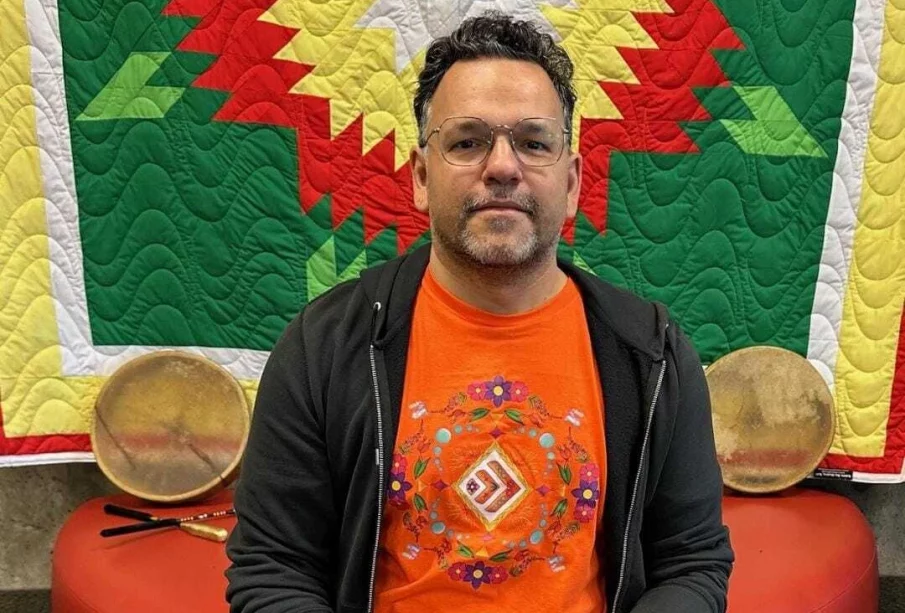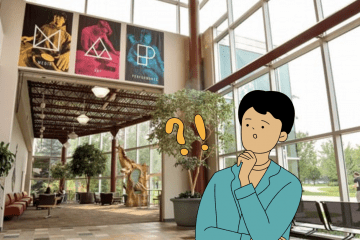To honor residential school survivors, remember the children who never made it home, and reflect on reconciliation
September 30 marks the National Day for Truth and Reconciliation and the Orange Shirt Day. The day serves to remind us all of the history and the multi-generational impact that the colonial residential schools had on the Indigenous peoples of Canada. It honours all the children who never returned home and those who survived the residential schools. The slogan “Every Child Matters” is a reminder of the loss of culture and identity that the latter faced for years post survival.
While the first National Day for Truth and Reconciliation was held in 2021, the Orange Shirt Day was observed for the first time 2013 as part of the legacy of St. Joseph Miller Residential School Commemoration and Reunion events that were held in British Columbia in May 2013.
The mandate of the Truth and Reconciliation Commission (TRC) of Canada concluded in 2015 and was transferred to the Safekeeping of the National Centre for Truth and Reconciliation (NCTR). The TRC not only prepared a full report on the policies and guidelines of the schools and their lasting impacts, but also included the 10 principles for reconciliation and 94 Calls to Action that speak to all sectors of Canadian society in the report. Additionally, the TRC included statements and experiences of Indigenous people in the final report. Today, the NCTR serves as a go-to resource for all Canadians with respect to reconciliation efforts.
On this occasion, the Carillon had the opportunity to connect with John Bird, Manager, ta-tawâw Student Centre, to learn more about the Orange Shirt Day and the centre’s initiatives in assisting Indigenous students as well as their role in endorsing Indigenous values and knowledge on campus.
What does Orange Shirt Day mean to you personally, and how do you see its importance on campus?
The day provides an opportunity for everyone to reflect on the darkest moment of Canadian history. It means a growing reckoning regarding the missing and lost children from Indigenous families, for the present day, and the past 150 years.
On campus, it provides students an opportunity to reflect on the meaning of the day and to (re)learn the history of Canada.
What is the significance of every child matters through the Orange Shirt Day?
Every Child Matters refers to the Indigenous children that never made it home to their families and loved ones. Every First Nations family feels the impact of lost children and how their losses altered our paths. September 30 is a public opportunity to collectively remember, gather, and honour the children.
How can the Orange Shirt Day promote dialogue, awareness, and reconciliation among students and faculty at the UofR?
This day provides a glimpse into the extensive legal, political, and religious truths of this country regarding the systemic destruction of Indigenous families. For students and faculty, this provides a chance to witness how policy has impacted Indigenous nations and peoples for 200 years. It gives the campus a glimpse about how to create truthful interactions with Indigenous nations going forward.
What role do you feel students—both Indigenous and non-Indigenous—can play in continuing advocacy beyond the Orange Shirt Day?
Students can seek advanced leadership roles, post-graduation, and create policy work that seeks to end the apprehension of Indigenous children.
This day provides a glimpse into the extensive legal, political, and religious truths of this country regarding the systemic destruction of Indigenous families. – John Bird, Manager, ta-tawâw Student Centre.
How do you see initiatives like the Orange Shirt Day helping to connect past truths of residential schools with present-day student life?
It provides an opportunity for students to learn about Canadian history. It provides an opportunity to create a more equitable society going forward. It provides opportunities for schools (Kindergarten through Post-Secondary), curriculum, and teachers to address the institutional shortcomings regarding their interactions with Indigenous families.
How do you see the Orange Shirt Day and creative initiatives on campus connecting to the Truth and Reconciliation Commission’s Calls to Action, especially around education and awareness?
I will not speak for every department and faculty on campus. That is for each academic unit to take up and build, as part of becoming an inclusive higher learning institution.
For the ta-tawâw Student Centre, we focus on working with and assisting Indigenous students on campus. We commit to this every day of the year at the University of Regina.
Events held across Canada
Beyond campus, many activities across Canada are hosted to commemorate this day. The Government of Canada publishes a list of events this year on its official website every year.
This year, the illumination of the Peace Tower and the Senate Building, a 90-minute national commemorative gathering event highlighting survivors and Indigenous artists, was held on the evening of Sept 30. Additionally the government also offered a free virtual educational program to all students across the country through Sept. 22-26, the Truth and Reconciliation Week. Participating in events like these is a great way for the community to interact, network, as well as engage with the history and resilience spirit of the First Nations, Inuit, and Métis Peoples. More importantly for those who are new to Canada and wish to learn more about the history and contribute actively toward the efforts of Truth and Reconciliation.
The Government of Canada’s website also makes mention of mental health support available throughout Canada for those needing assistance. Residential school survivors can call 1-866-925-4419 for emotional crisis referral services and information on other health supports from the Government of Canada.
Indigenous peoples across Canada can also go to The Hope for Wellness Help Line 24 hours a day, seven days a week for counselling and crisis intervention. The toll-free Help line can be reached at 1-855-242-3310.






